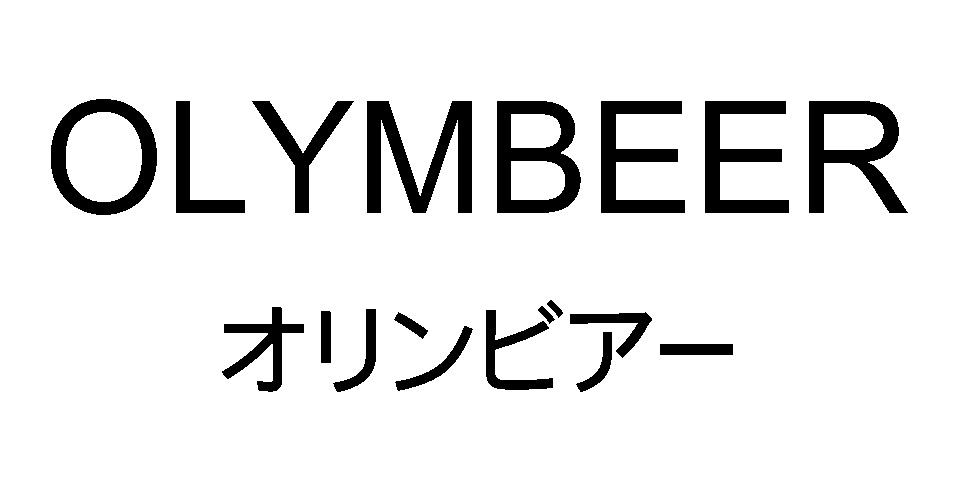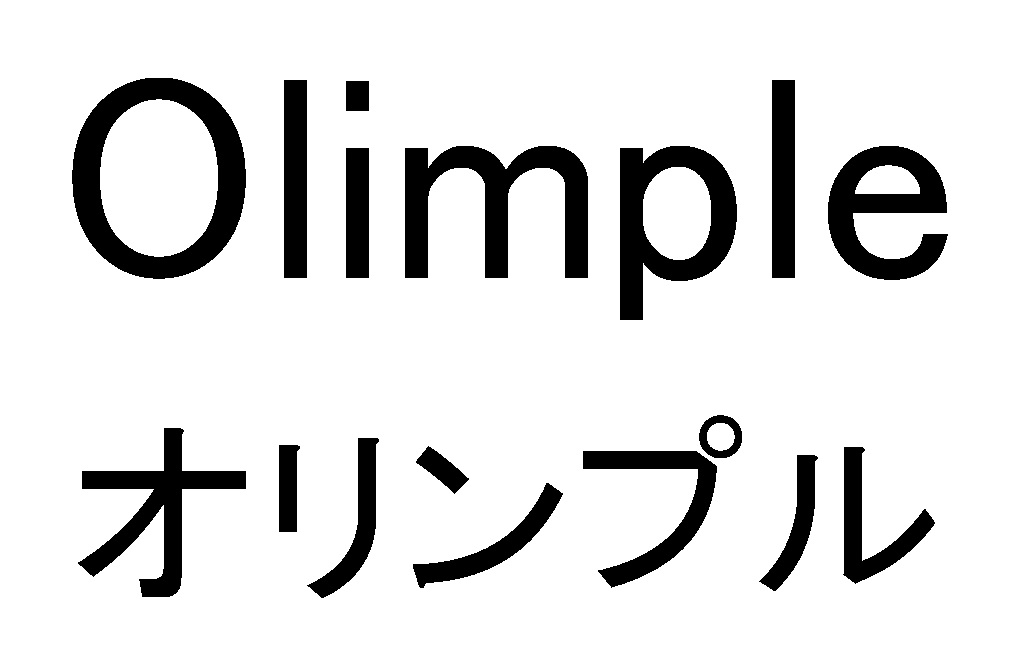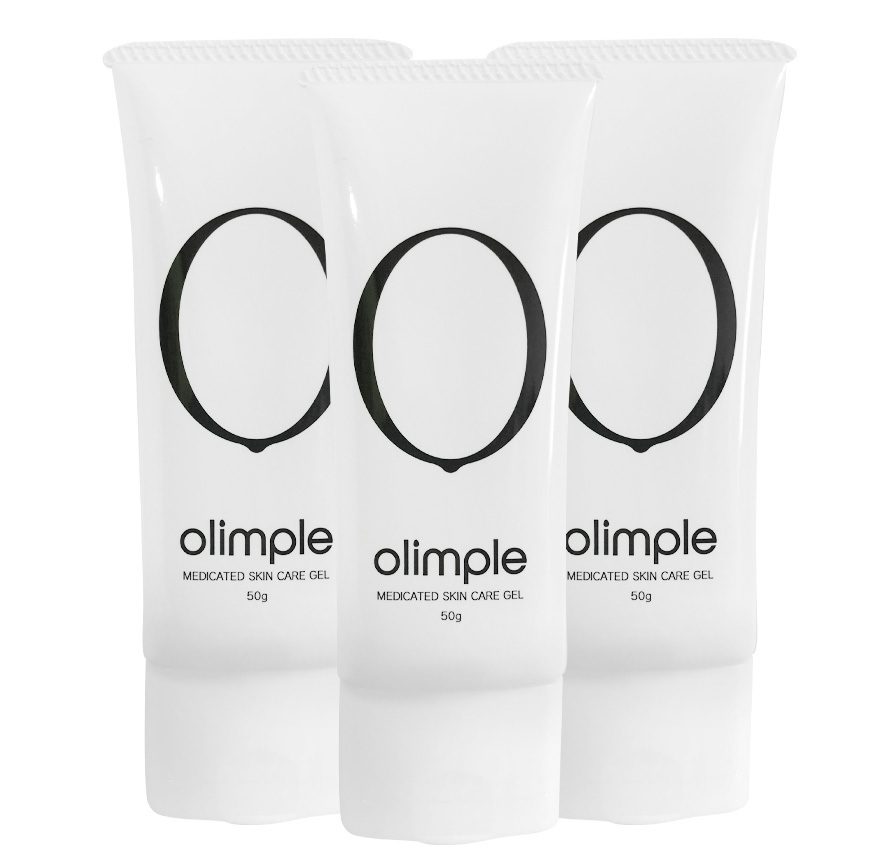The Japan IP High Court reversed a decision of the JPO that canceled the OLYMBEER mark due to its similarity to “OLYMPIAD” in contravention of Article 4(1)(vi) of the Trademark Law.
[Court case no. Reiwa4(Gyo-ke)10067, Judgment date: December 26, 2022]OLYMBEER
SJP & Co., a Japanese company, filed a trademark application for the wordmark “OLYMBEER” with its transliteration written in Japanese Katakana character (see below) for use on beers, refreshing beverages, fruit juices, vegetable juices, extracts of hops for making beer, whey beverage in class 32 with the JPO on October 28, 2019, ahead of the opening of the Tokyo 2020 Olympic games.

The JPO examiner did not raise any objection to the OLYMBEER mark and granted protection on November 16, 2020 (TM Reg no. 6323630). Subsequently, the mark was published for opposition on December 22, 2020.
Opposition by IOC
The International Olympic Committee (IOC) filed an opposition against the OLYMBEER mark on February 22, 2021, before the lapse of a two-month statutory period counting from the publication date and claimed the OLYMBEER mark shall be canceled in contravention of Article 4(1)(vii), (xi) and (xv) of the Japan Trademark Law by citing “OLYMPIC” and “OLYMPIAN” mark.
In the course of trial proceedings, the JPO notified at their discretion that the opposed mark shall be canceled in contravention of Article 4(1)(vi) due to a similarity to “OLYMPIAD” which has become famous to represent the modern Olympic Games.
Article 4(1)(vi)
The article is a provision to prohibit registration of any mark that is identical with, or similar to, a famous mark indicating the State, a local government, an agency thereof, a non-profit organization undertaking a business for the public interest, or a non-profit business for the public interest.
The Trademark Examination Guidelines (TEG) specify “IOC”, and “Olympic” shall be protectable under the article.
Consequently, the JPO decided to cancel the opposed mark based on Article 4(1)(vi) irrespective of no reference to the article by the IOC.
SJP & Co. brought the case to the IP High Court and argued that “OLYMPIAD” would not be such a famous mark as opposed to “Olympic” and the opposed mark is dissimilar to “OLYMPIAD” in its entirety from appearance, sound, and meaning.
IP High Court ruling
The IP High Court questioned if “OLYMPIAD” has become famous among relevant consumers and traders in relation to the goods in question from the produced evidence. If so, it is inadequate to assess the similarity of marks on the assumption that “OLYMPIAD” has acquired a substantial reputation.
The judge said in the decision a mere coincidence of “OLYM” is insufficient to find the similarity between “OLYMBEER” and “OLYMPIAD”. The judge stated that there is no reason to believe both marks are visually, phonetically, and conceptually similar when compared as a whole.
Based on the foregoing, the court found the JPO erred in applying Article 4(1)(vi) of the Trademark Law by wrongly finding the similarity of mark between “OLYMBEER” and “OLYMPIAD”, and thus the court ruled to reverse the JPO decision.



